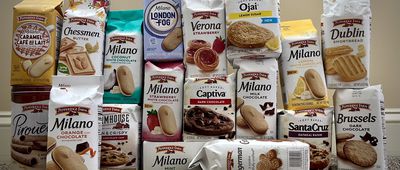Food Safety 101
If you've ever woken up with a craving for cereal only to head to the fridge and find expired milk, you know the frustration. While some foods like dried pasta or canned goods may still be safe to consume if stored properly, others pose significant health risks if eaten after their expiration dates. Products like dairy and cold cuts are prone to harmful bacterial growth, and consuming these after their due dates can lead to food poisoning, stomachaches, or other health issues.
Expiration dates are not just for show and serve as important guidelines for ensuring food safety and quality. Here are 13 foods you should never risk eating past their expiration dates to prevent foodborne illnesses.






















